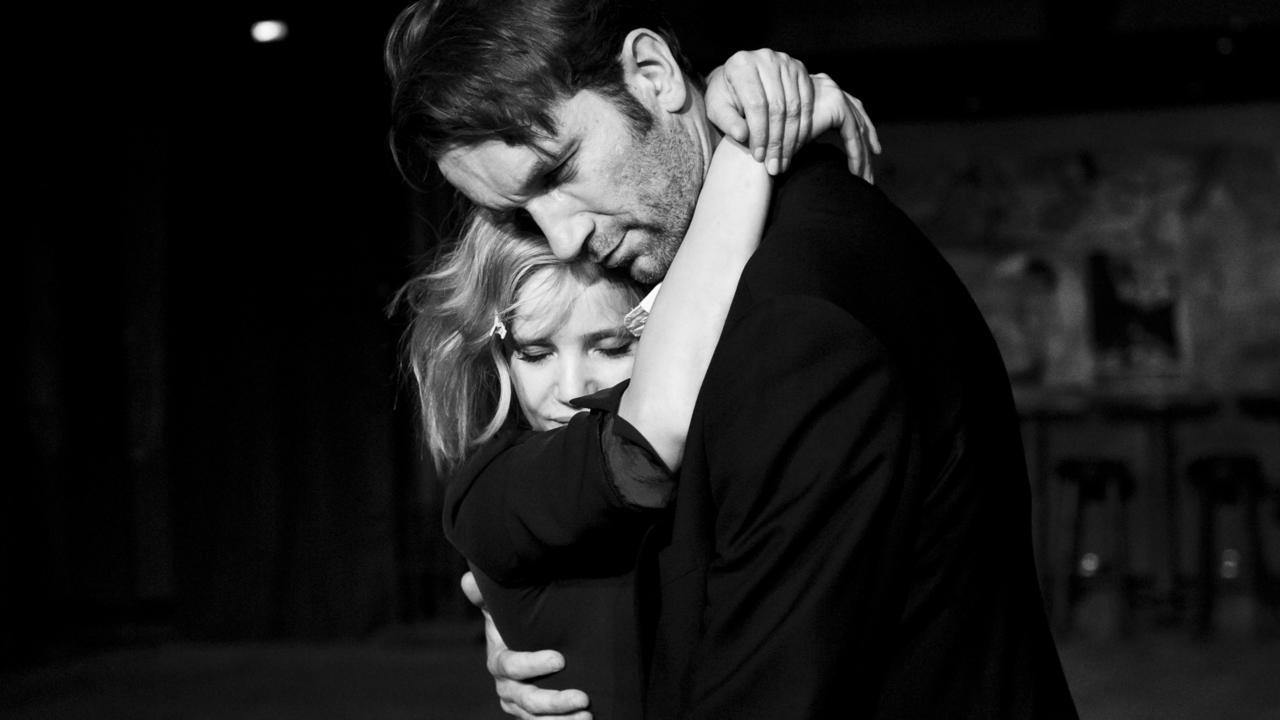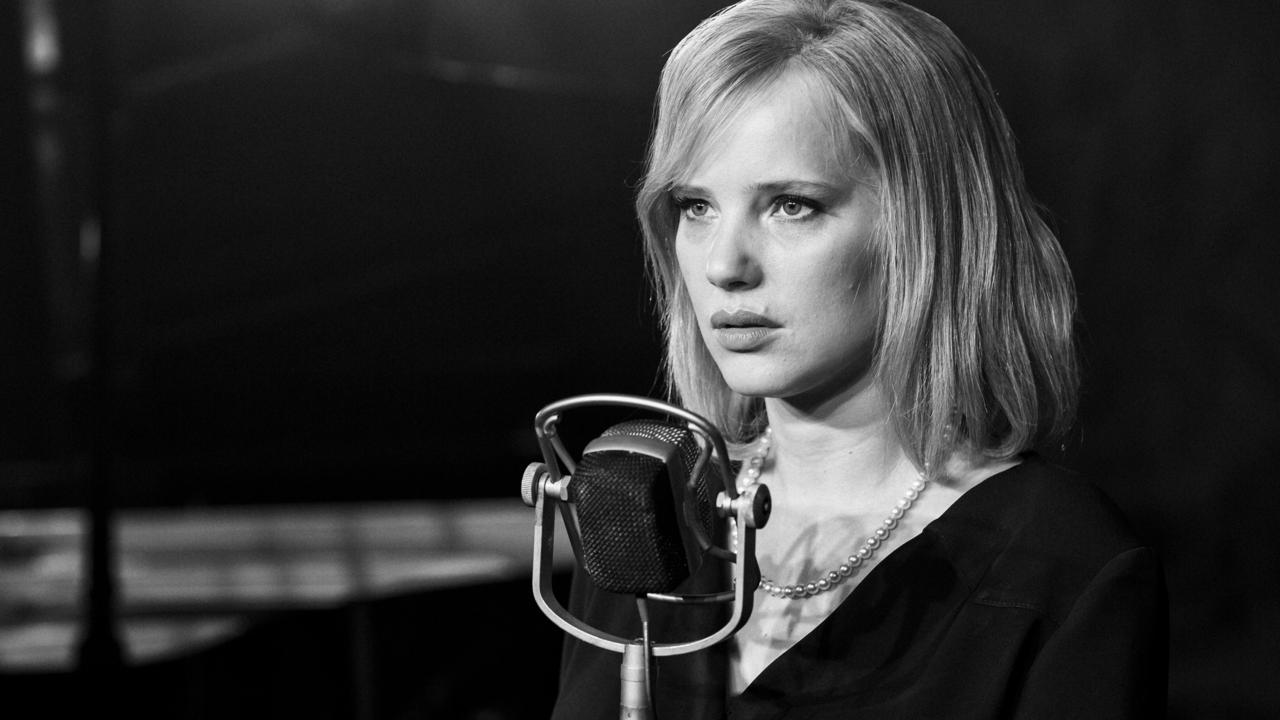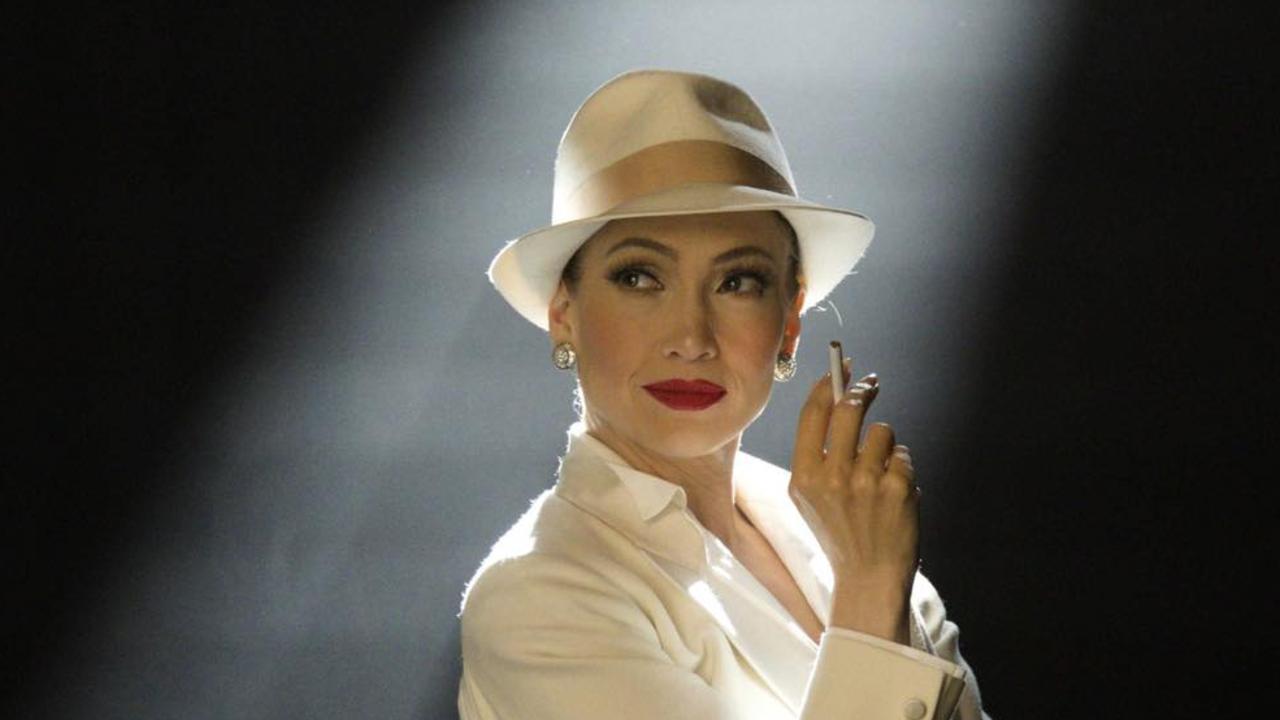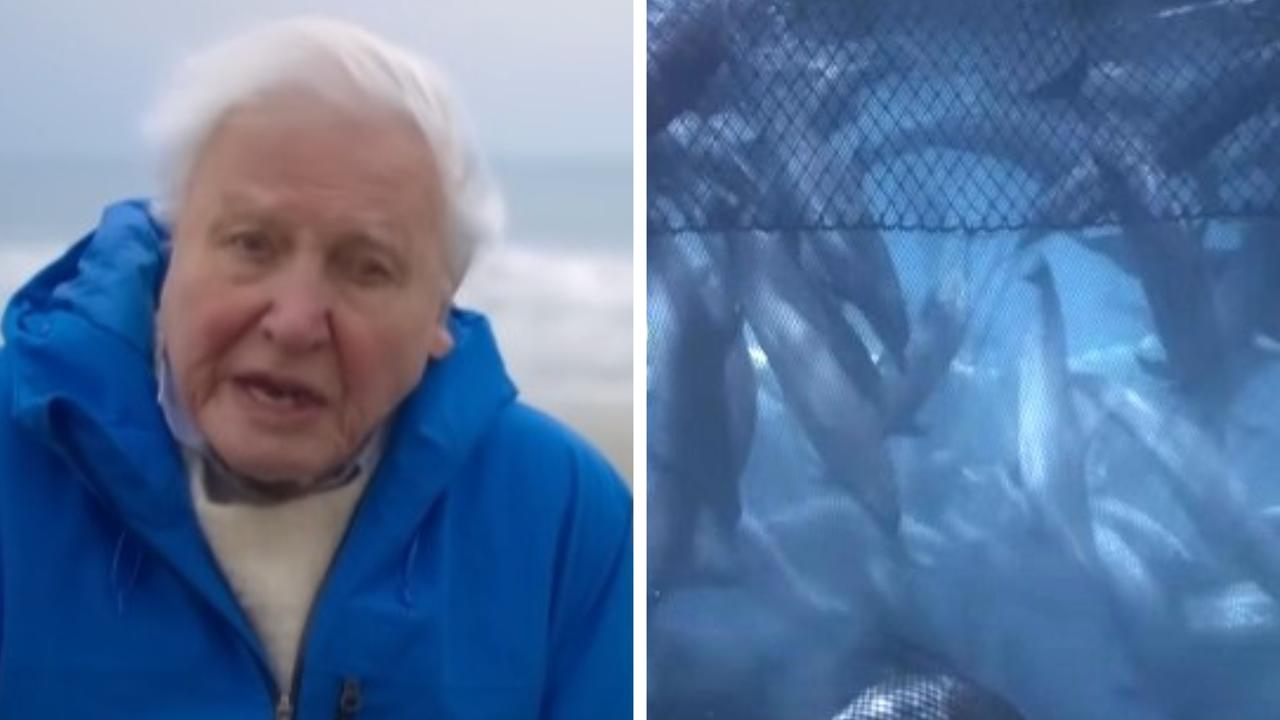Cold War: A haunting, epic love story
Featuring magnetic performances and a complex love story, this award-winning new movie is a must-see for romantics on Boxing Day.
There’s something beguiling about Cold War, the decades-spanning love story about two Polish musicians, set in the decades after WWII.
It’s seductive and yet there is darkness at its heart, one that elevates the Polish film into a thoughtful piece about the complexities of love in a time of political oppression.
Directed by Pawel Pawlikowski (Ida), Cold War won the director’s prize at Cannes in May, rewarded for its striking black-and-white visuals, framed in nostalgic 4:3 aspect ratio, and for its heartbreaking story about Wiktor (Tomasz Kot) and Zula (Joanna Kulig).
The story opens in 1949, when Wiktor and his colleague Irena (Agata Kulesza) are roaming the countryside, recording villagers as they sing.
They’ve been tasked by the government with forming a folk group, one who can travel and perform, rile up nationalistic fervour for a newly dominant Soviet regime, and after the toils of WWII.

MORE: What to Watch — Your must-see TV and movies guide
One of the singers is Zula, a beautiful, ambitious and passionate singer who catches Wiktor’s eye. Soon the two become involved.
The folk numbers are captivating and haunting — you can glimpse the history of the country and the culture, but when they’re packaged in a nationalistic spectacle, for the purposes of Soviet propaganda, well, then there’s something jarring and uncomfortable about it.
Especially later when enormous banners of Stalin are added to the choreography and are unfurled behind them during the climax of a performance.
At one point, a bureaucrat named Lech Kaczmarek (Borys Szyc), suggests cutting loose an olive-complexioned troupe member, complaining she’s too dark, that she doesn’t fit the “pure Polish” type. When Wiktor baulks, the bureaucrat backs down, offhandedly saying maybe lightening her hair will be enough.
That kind of pernicious government meddling is what defeats Wiktor, and during a performance in Berlin in the early 1950s, before the wall is erected, Wiktor crosses the border into West Berlin and defects.
Zula, who promised to meet Wiktor and cross over together, changes her mind and stays. Over the years, the two reunite and split, in Yugoslavia, in Paris and back in Poland.

Cold War is as much about the actual war that separates the lovers physically as well as the emotional cold war between Wiktor and Zula through distance, disappointment and the realities of a relationship once you’re past the giddy days of early courtship.
Zot and especially Kulig give incredible, magnetic performances, of these two unhappy people who are drawn to one another but can never be what the other person really needs.
Cold War only runs 90 minutes but it’s a concise and disciplined film, one that dips in and out of Wiktor and Zula’s lives without losing its narrative cohesion.
It’s is a vivid film, a compassionate story that’s both personal and political.
Rating: ★★★★
Cold War is in cinemas from Boxing Day.
Share your movies and TV obsessions: @wenleima
Check out our What to Watch page for the latest can’t-miss TV and movies.




